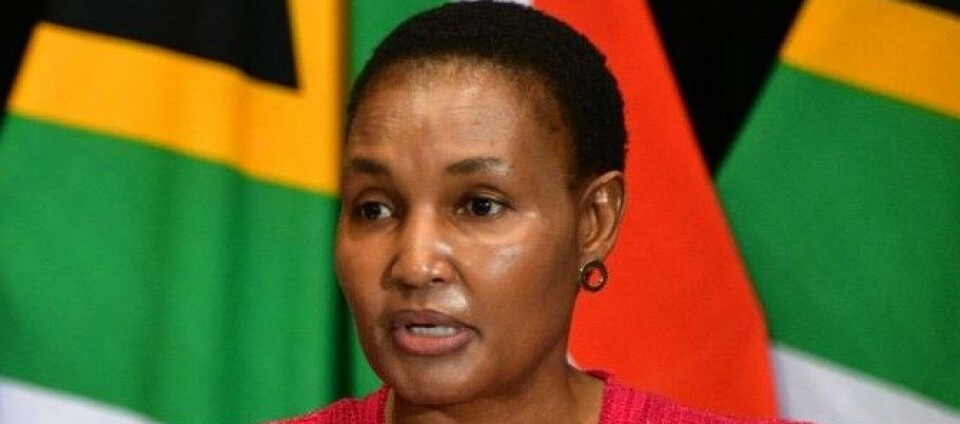Copyright : Re-publication of this article is authorised only in the following circumstances; the writer and Africa Legal are both recognised as the author and the website address www.africa-legal.com and original article link are back linked. Re-publication without both must be preauthorised by contacting editor@africa-legal.com
Lawlessness and injustice prevent African integration

Speaking at the third SADC Law Seminar, held at the University of Fort Hare, South Africa’s Minister of Justice and Constitutional Development, Thembi Simelane, urged lawyers to take an active role in imagining and building a better Africa, and called for the Pan African Parliament to be strengthened.
Arranged by the UNESCO “Oliver Tambo” Chair of Human Rights in collaboration with the National University of Lesotho, the third Southern African Development Community (SADC) Law Seminar took place on 31 October and 1 November, under the theme of “SADC and the AU: Assessing the Symbiotic Relationship Between Sub-regional and Continental Processes”.
The event examined the importance of SADC in the broader context of African continental integration, and over the two days scholars and experts discussed widely varying subthemes covering everything from transnational crime, migration and climate change to human rights, elections and cross-border insolvency law.
In delivering her keynote address, Minister Simelane reminded attendees of the Africa Agenda 2063, a vision of an integrated, prosperous and peaceful Africa, driven by its own citizens, representing a dynamic force in the international arena. “This is not a slogan, it is a vision that calls all of us to action,” she emphasised.
Looking at the role of regional economic communities such as SADC, she pointed to the need for mechanisms that would ensure justice and fairness on the continent. “As we speak of the integration of the African continent, we should also speak to the need to find legal and institutional mechanisms to settle disputes among ourselves as Africans. This should be a predictable, fair and robust legal and institutional mechanism that enjoys legitimacy across all nations of the continent,” she said.
“Part of it should be to strengthen the Pan African Parliament to ensure that it lives up to the mandate of ensuring the full participation of African peoples in the economic development and integration of the continent.”
She also highlighted the responsibility the law and lawyers have in building a better Africa. “The law itself has a much greater role to play regarding the task of integrating the continent and making our continent a prosperous home for us and the future generations of Africa.”
In the past many laws have functioned to keep people apart, and the minister noted that this is still a problem, with some current laws enabling African countries to trade more easily with Asian and European countries than with other African countries. The same goes for the movement of people between regions.
She also issued a call for lawyers to be held to a higher standard: “Do not use your knowledge of the law to aid and abet criminals. As lawyers, we must not allow our skills and knowledge to be used to help legitimise the illegitimate … Do not fall to the temptation of being at the disposal of corrupt and despotic (people) whose only mission is to veer our continent off from the rails of justice, peace and prosperity,” she said.
“The vision of an integrated Africa is about harnessing the collective strength of the people of the African continent. This vision cannot be achieved under conditions of lawlessness and injustice,” the minister concluded.
